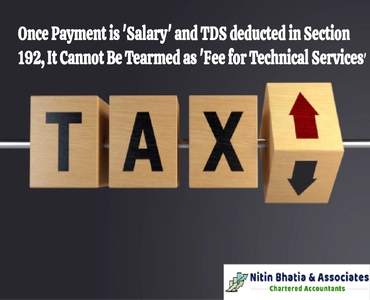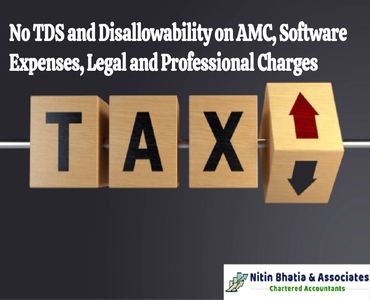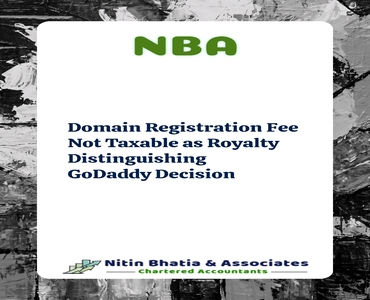In the recent case of PCIT v. Boeing India (P) Ltd. (2023) 146 taxmann.com 131 (Del.), the issue at hand was whether the foreign company, who had deputed one of its employees to look after the affairs of the Indian company, was liable for tax under Section 195 of the Act, once the nature of …















